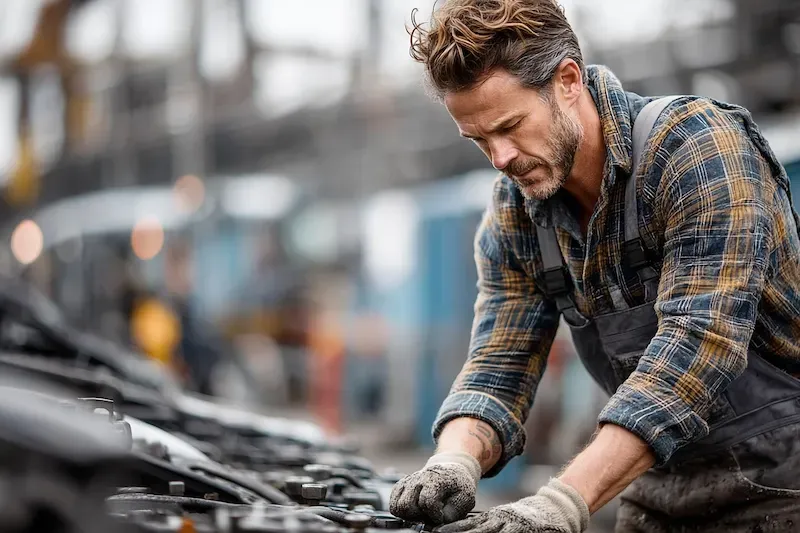How to Find a Reliable Car Wrecker (and Avoid the Common Traps)
Finding a good car wrecker can be a game changer, but only if you pick the right one.

The truth is, not every wrecker out there is worth your time. Some will sell you parts that don’t fit, don’t work, or worse, never even arrive. A bit of research upfront can save you a lot of hassle (and a lot of swearing in the driveway later).
Whether you’re chasing a replacement engine, a tail light, or something hard to find for an older model, here’s how to make sure the wrecker you choose is worth your time — and your cash.
1. Check Their Licence and Accreditation
Always start with the basics. A trustworthy wrecker should be licensed and follow all local regulations around handling vehicles and parts. In Australia, that includes safe disposal of oils, batteries, and other hazardous materials. If they’re doing things by the book, they’ll be happy to confirm it.
2. Do Your Homework — Reputation Matters
One of the best ways to find a reliable wrecker is to see what others are saying. Online reviews can give you a clearer picture of how they treat customers. Look for feedback about the quality of the parts, whether items arrived as described, and how easy the buying process was.
Don’t just skim the star rating — read the comments. If people are consistently mentioning poor communication or parts that didn’t work, it’s probably not a one-off. On the other hand, positive word of mouth is a good sign you’re dealing with someone reputable, like Dandenong Wreckers, who’ve built a strong name locally.

3. Look for a Specialist in Your Make or Model
Some wreckers are generalists — they’ll take anything that rolls in. But if you drive something specific, it pays to find a wrecker who knows that brand inside out.
Specialist wreckers tend to carry a wider range of parts, know what works with what, and are less likely to sell you something incompatible. You’re also more likely to find that Holden transmission that’s been properly tested, cleaned, and catalogued.
4. Ask About Testing and Warranties
Good wreckers don’t just rip parts out and throw them on the shelf. They test, clean, and often provide some form of warranty. Even a short guarantee (like 30 days) shows they stand behind what they sell.
Before you buy, ask:
- Has the part been tested?
- What’s your return policy?
- Is there a warranty?
If the answer is vague, or they dodge the question, move on.
5. Clarify Pricing and Availability
Some wreckers list parts online, others work over the phone, and a few still do things old-school — you rock up and rummage around. However they operate, it’s worth confirming the part is available before making the trip. Ask for a price (including GST and freight, if applicable) and make sure they give you the full picture.
Watch out for wreckers who offer one price and then change it when you arrive, or who promise availability but keep you waiting days.
6. Check for Clean, Organised Stock
A well-organised yard is a good sign. If parts are stored cleanly, labelled, and protected from the weather, chances are they care about quality. If it looks like a junk heap and they’re pulling parts off cars on the spot, you’re taking more of a gamble.
7. Ask How They Source Their Cars
This one’s often overlooked, but it can tell you a lot. A quality wrecker will source vehicles from auctions, insurance write-offs, or trade-ins — not just random pickups from paddocks. The better the car they started with, the better the parts you’re buying.
Final Thoughts
Getting the right part from the right wrecker can save you hundreds — and keep your car on the road without breaking the bank. But it all comes down to choosing someone you can trust.
Look for licensed, well-reviewed wreckers who specialise in your make, test their parts, and are upfront about pricing. With a little due diligence, you’ll avoid the headaches and walk away with the part you actually need — at a price that makes sense.

